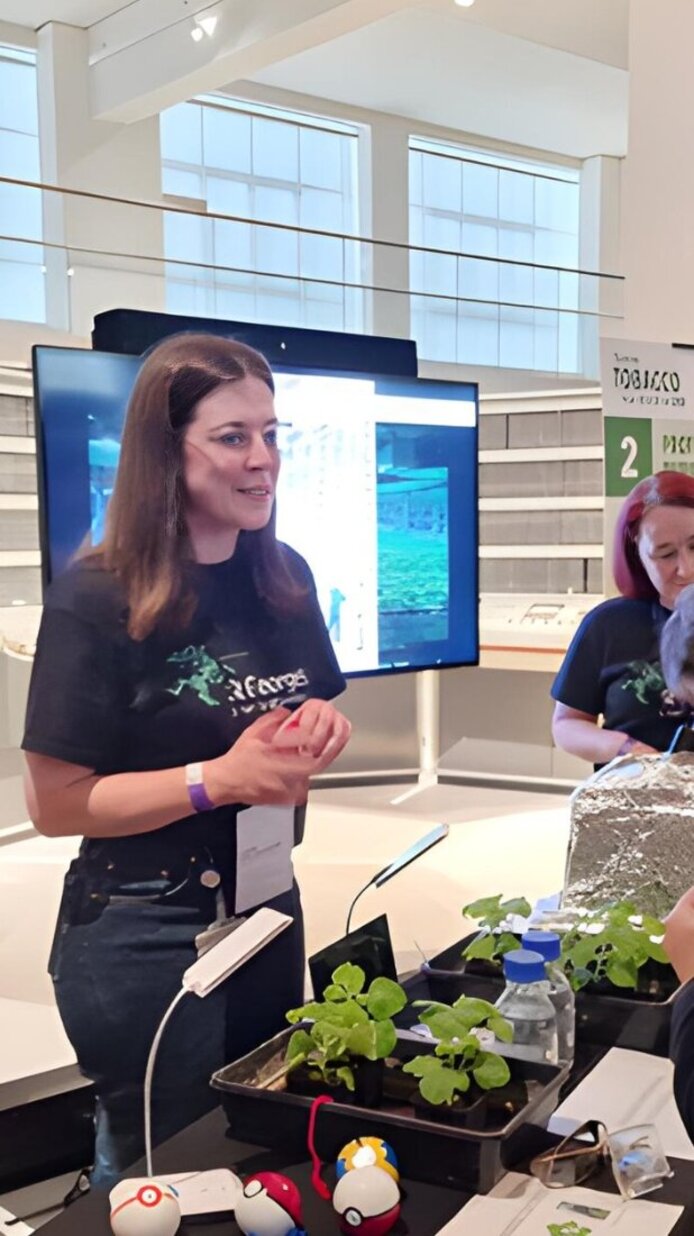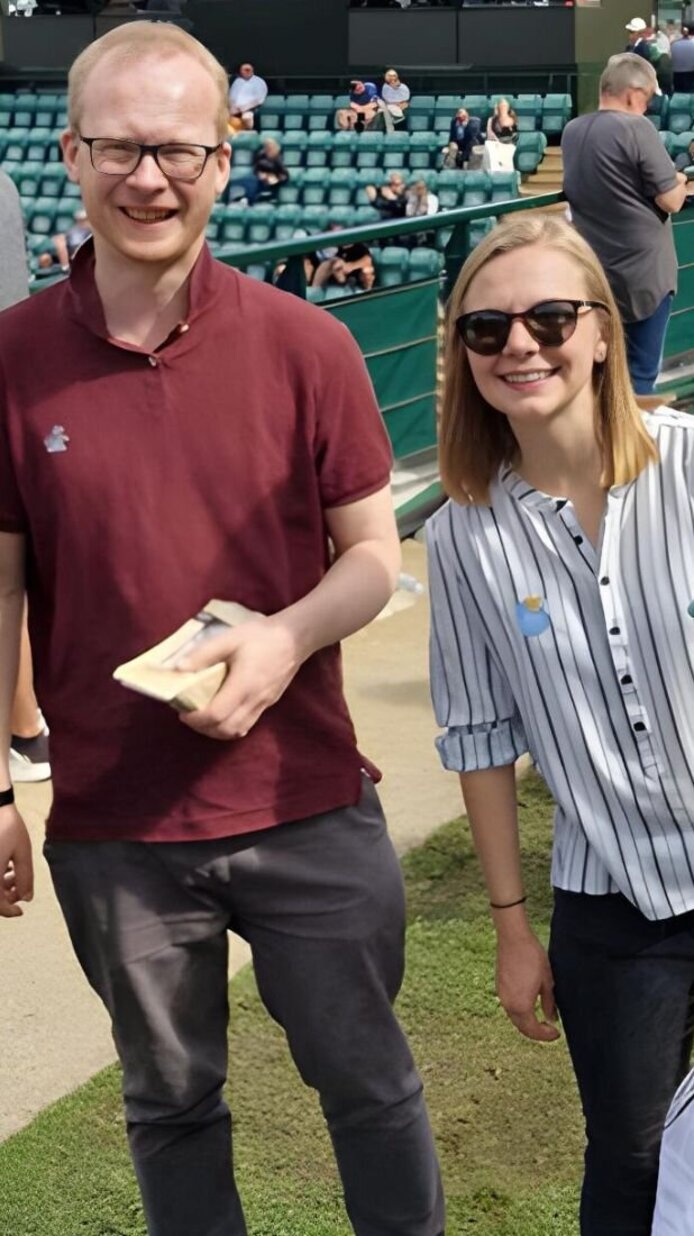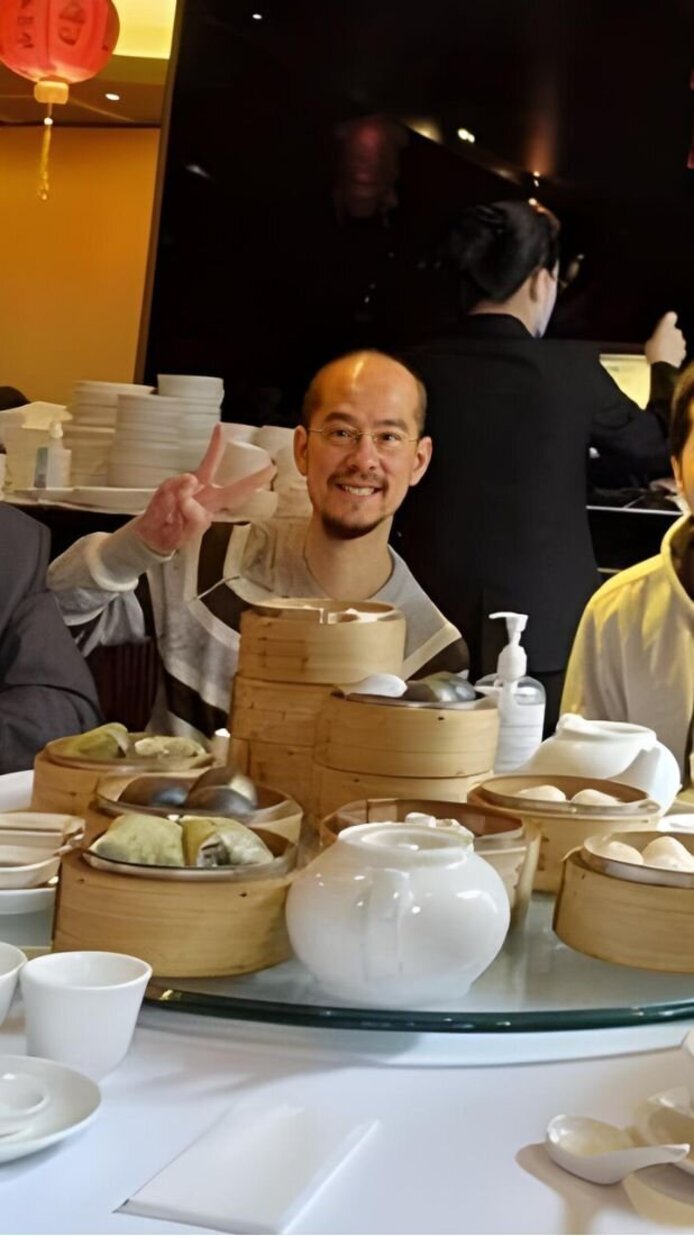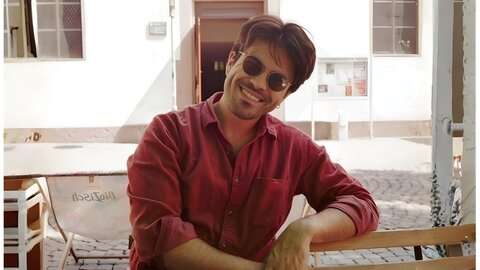On the front line in London
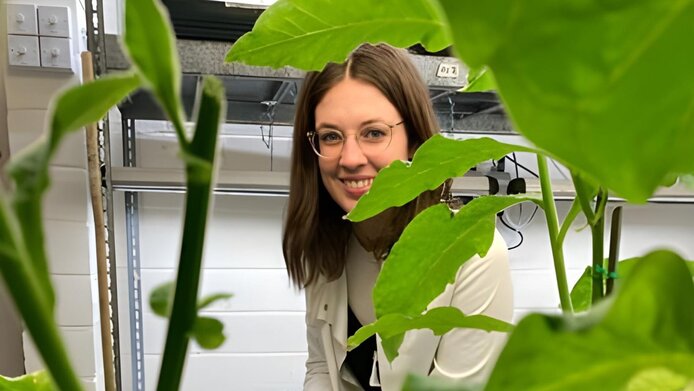
While working on my doctoral thesis, I had the opportunity to spend six months at the University of Alabama in the USA. This experience made it clear to me how important it is to get to know other educational systems and research environments and to broaden your own horizons. This is why I especially wanted to gain further experience abroad during my time as a postdoc. Professor Julian Ma, who reviewed my doctoral thesis, offered me a postdoctoral position at St. George's University of London as part of a European Horizon 2020 project. Being offered the chance to work in one of the leading research groups in the field of molecular pharming was a fantastic opportunity for me. Molecular pharming is an up-and-coming area of biotechnology that focuses on developing plant-based pharmaceuticals such as antibodies or vaccines. Plants can be used as efficient and cost-effective biological systems to produce these compounds.
Research meets reality
My move to London in the spring of 2020 went surprisingly smoothly and I quickly felt at home in my new research group. But I had barely arrived before the pandemic turned my life upside down. St. George's, a medical university on the campus of one of the country’s largest hospitals, is located in southwest London, in the middle of one of the communities hardest hit by the pandemic. Strict safety measures and limited laboratory times suddenly determined everyday life. But the peace and quiet in the otherwise hectic city gave me the chance to concentrate fully on my Schrödinger application. My ideas for developing immunoglobulin A against infectious diseases were suddenly highly relevant.
As an Erwin Schrödinger fellow, Kathrin Göritzer conducted research at St. George's University of London and developed plant-produced mucosal antibodies against Covid-19. She is currently continuing her work on plant-based therapeutic antibodies, particularly in the context of mucosal immunity, as a postdoctoral researcher at BOKU University.
Time to talk
The post-lockdown period was intense – long working days and a massive workload. But hard work wasn’t the only thing about the lab. It was also a place where I experienced great teamwork and conversations. This was partly a result of flat hierarchies and a collegial atmosphere, but the frequent after-work pints in the in-house bar and numerous public engagement activities such as the "Long Night of Science" at the Science Museum London helped, too. After the most critical phase of the pandemic, I was able to settle into a more comfortable work-life balance. I even had some free time to discover the diverse and colorful city of London or to take long walks along the coast.
Formative experiences
My Schrödinger stay abroad in London allowed me to work independently in a dynamic research environment. The unique constellation of the Ma Lab, a molecular pharming group at a medical university with a focus on translational research, gave me deeper insights into immunology and clinical research. Thanks to this opportunity, I was able to build important networks and discover my passion for independent research. The time in London was a formative stage for me, when I met great people and took important steps in my scientific career.
Kathrin Göritzer works on the development of therapies against infectious diseases and cancer. She uses plant biotechnology and glycoengineering to produce complex therapeutic proteins. She completed her doctorate in biotechnology at the University of Natural Resources and Life Sciences (BOKU) in Vienna, investigating the structure-function relationships of immunoglobulin A.
